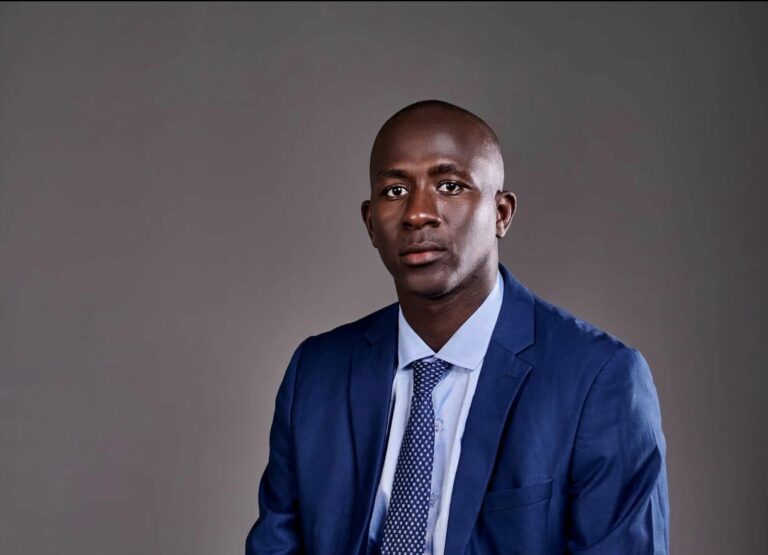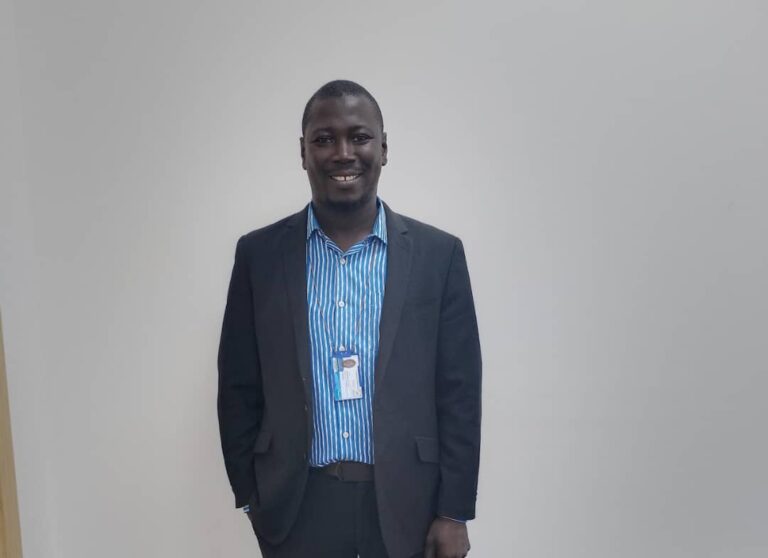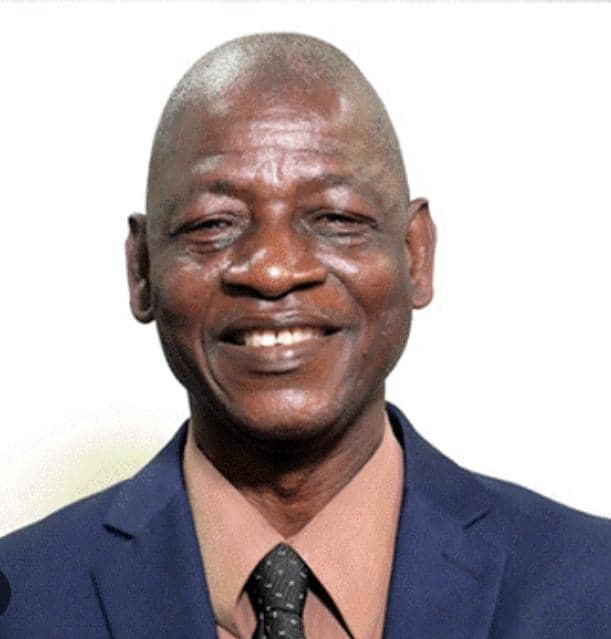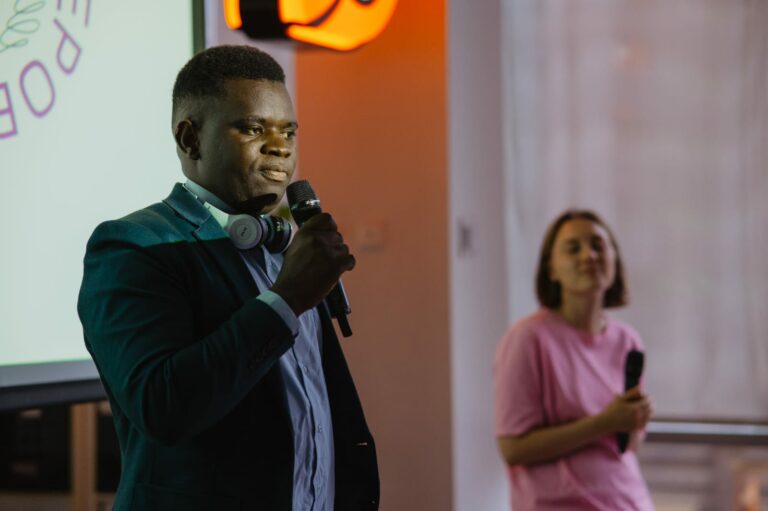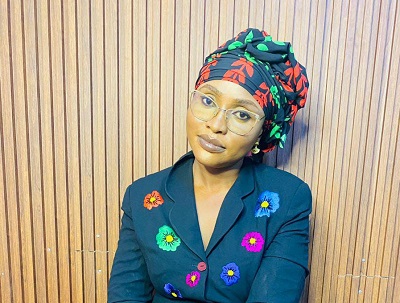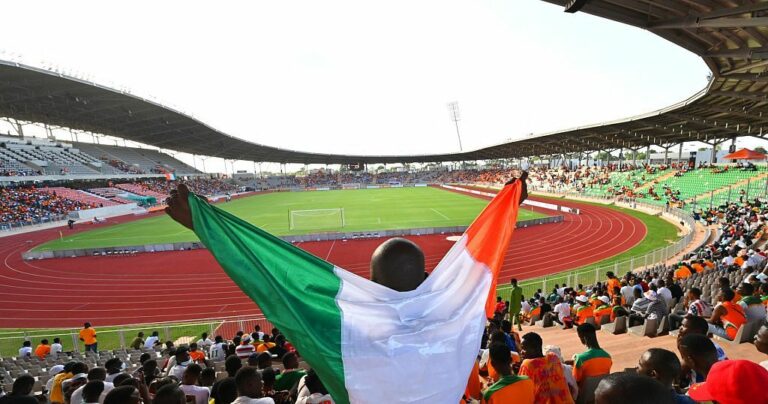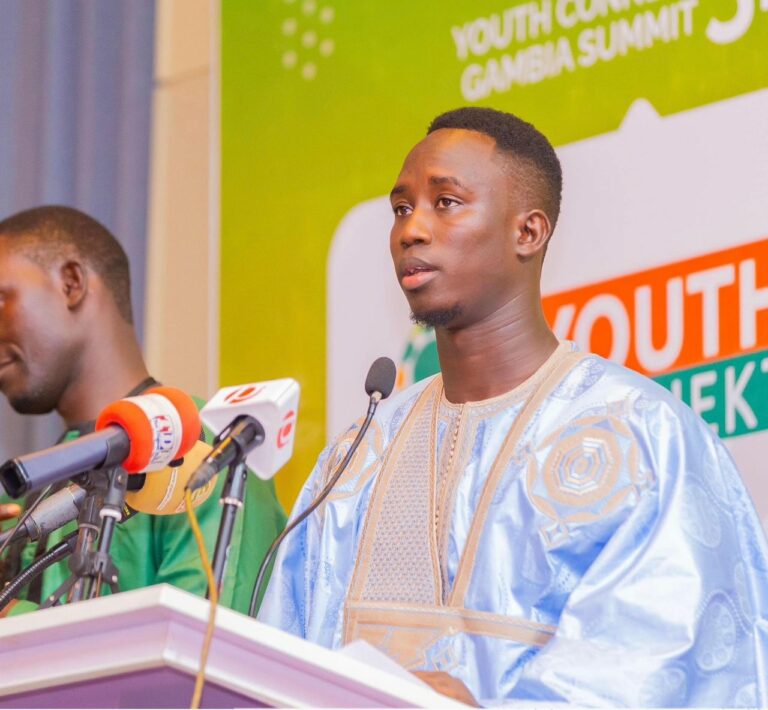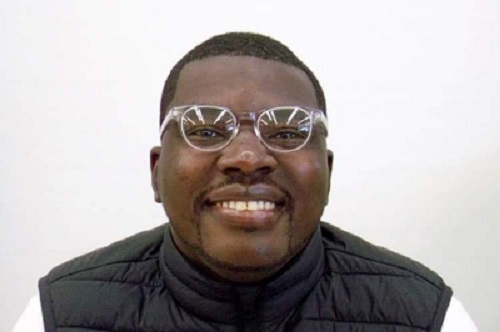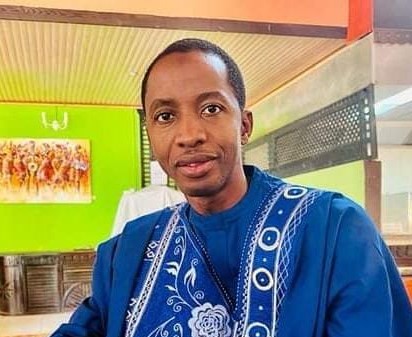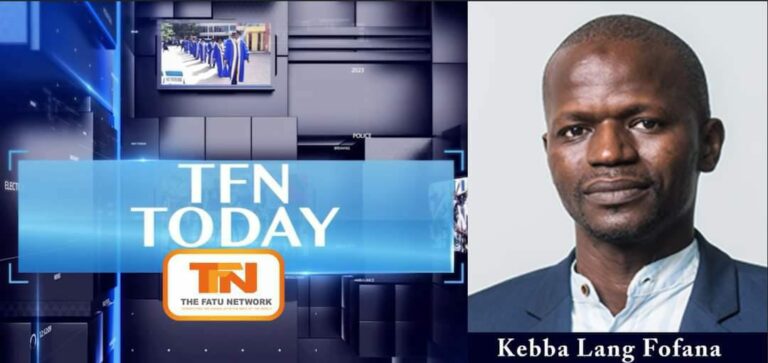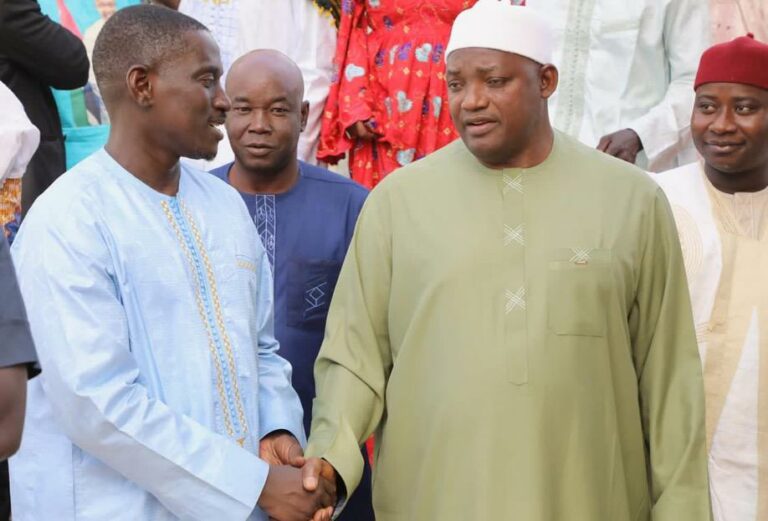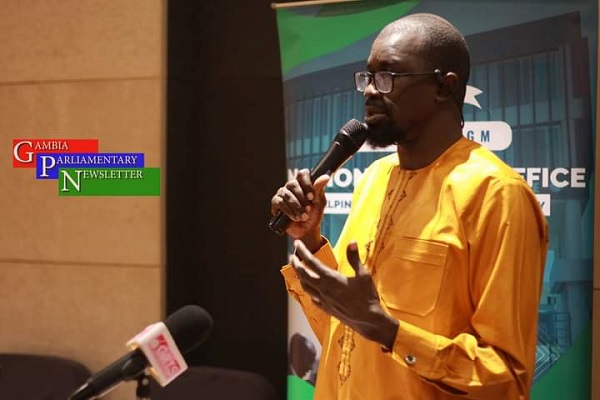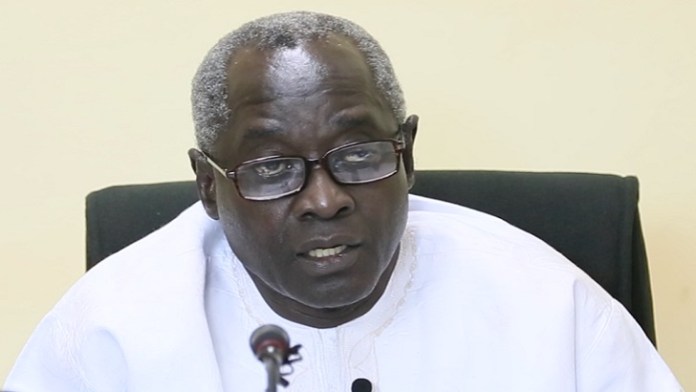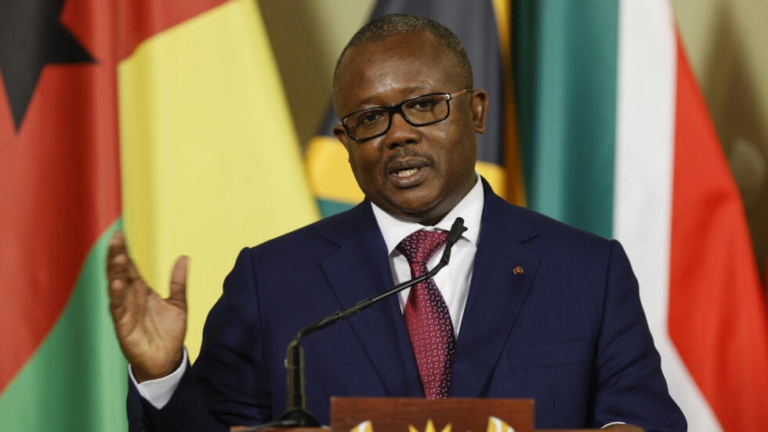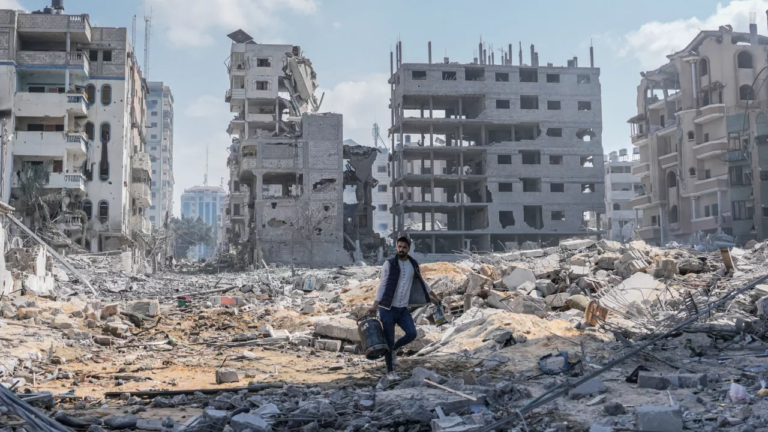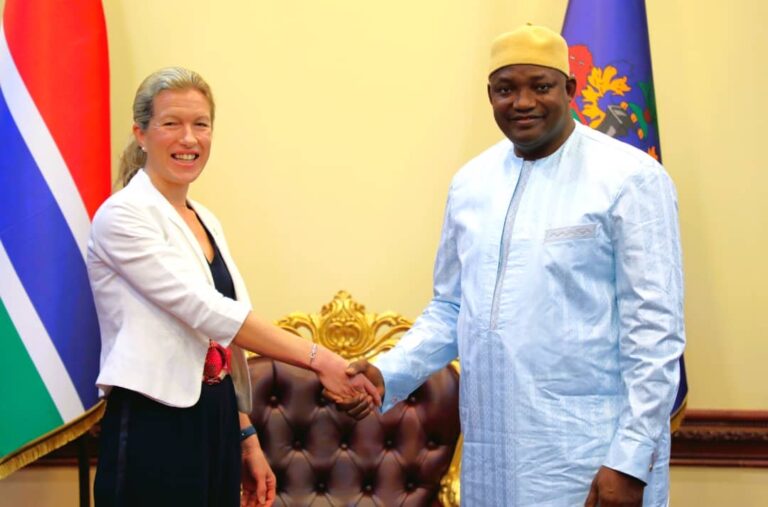By: Fatou Janneh, Madison, Wisconsin State
In his recent book, Nurturing Sovereign Citizens: Lessons on Sovereign Citizenship for Democratization, Peacebuilding & Development (2023), Halifa Sallah explores the complex processes involved in enhancing a country’s democracy and fostering peace. Reflecting on the introduction of electoral districts during the colonial era, the book illustrates their impact on the governance of the nation. Sallah’s analysis spans from colonial rule to achieving republic status, examining The Gambia’s transformative journey towards democracy, wherein the people have a more substantial role in decision-making. The narrative encompasses the highs and lows of The Gambia’s path to republicanism, highlighting the challenges encountered in constructing a more democratic and peaceful society. A significant focus of Sallah’s analysis is the Inter-Party Committee (IPC), a group that played a key role in shaping Gambia’s politics. He describes the different stages the country went through in its quest for self-determination, giving readers a closer look at the struggles and successes along the way. Through this book, readers get to see how Gambia’s history and political choices have influenced its path to becoming a more democratic and peaceful nation. Sallah’s writing encourages readers to think about the common challenges many countries face in trying to build a fair and participatory society.
The central theme running through this book is the close relationship between sovereign citizenship, democratization, peacebuilding, and development. According to Sallah, how well citizens are instilled with these values significantly determines a country’s progress. The book argues that the republic serves as the cornerstone for self-directed development that encompasses everyone, leaving no one out. This emphasizes the significance of equal power and involvement of sovereign citizens, ultimately resulting in a state built on strong social unity that cannot be easily changed, attacked, or dissolved. The book reveals that a republic creates a “foundation for self-determined development that includes all and excludes none” (p. 193), highlighting that equal exercise of power and participation of sovereign citizens eventually leads to “a state based on social cohesion that is unmalleable, unassailable, and indissoluble.”
This book, Nurturing Sovereign Citizens unfolds its narrative through a well-structured framework consisting of five chapters. In Chapter One, he discusses the genesis of The Gambia’s democratization, shedding light on the challenges faced under the 1970 Constitution and the transformative events of 1994. Chapter Two intricately explores the restoration of democratization and peacebuilding, providing insights into the reasoning behind this process and the pivotal role played by the Constitutional Review Commission. Moving forward, Chapter Three meticulously examines diverse perspectives on the 1996 Draft Constitution, offering a comprehensive analysis of its various facets and delving into the outcomes of the 1996 Referendum.
Chapter Four takes a closer look at the challenges encountered by political parties, elections, and dialogue, illustrating the cyclical nature of progress and setbacks in the realm of political activities. Finally, Chapter Five directs attention to the Gambia Opposition for Electoral Reform (GOFER) and Inter-Party Committee (IPC) institutions designed for democratization and peacebuilding. This chapter navigates through the opposition’s demands regarding IPC and emphasizes the measures taken to safeguard its vitality during the critical period spanning from 2016 to 2017. Through this carefully crafted structure, the book thoroughly explores The Gambia’s democratization journey, offering a nuanced understanding of key historical events, challenges, and transformative processes in the pursuit of democratic governance and peace.
The book sparks a worldwide conversation about the often-underestimated importance of sovereign citizenship, criticizing the prevalent emphasis on state sovereignty rather than the sovereignty of the people. It issues a cautionary message about the possible outcomes of neglecting the development of sovereign citizens, suggesting that the emergence of non-state actors like mercenaries could result in global disorder. For example, Sallah vividly illustrates instances of global disorder that disrupt world peace and security. The book highlights international incidents spanning from West Africa to Europe and America, notably the September 11, 2001, attack on New York City’s Twin Towers. Similarly, the book narrates the storming of the US Capitol on January 6, 2021, amid the congressional session to certify the 2020 presidential election results. The events during this incident included the violation of offices and the expression of hostility, resulting in casualties, including the death of a police officer on duty at the Capitol. Also, it sheds light on the attack on the presidential palace in Bamako on May 21, 2012, when demands were made for the resignation of interim president Traore.
The book earnestly endeavors to launch a global conversation on the crucial theme of sovereign citizenship, which serves as the foundational underpinning of the Republic. Sallah contends that this aspect has been notably sidelined in contemporary discussions, where the focus has overwhelmingly fixated on state sovereignty, neglecting the equally vital sovereignty of the people. Despite this prevailing oversight, the author argues that the Republic’s very existence is intricately tied to the manifestation of the sovereign political will of its citizens. This expression can take the form of direct engagement or the election of representatives with the consent of the governed. According to the author, this particular characteristic positions the Republic as the epitome of democratic governance.
He, however, posits that the disregard for this aspect has had profound consequences. It suggests that this negligence has resulted in a paradigm shift where citizens are relegated to the role of government servants rather than the government functioning as a servant of the people. Therefore, the narrative suggests that governments have been able to act without being held accountable, leading to the impoverishment and conscription of citizens into wars. In contrast to this detrimental scenario, the book argues that emphasizing the values associated with sovereign citizenship is paramount. By doing so, the narrative argues, societies can work towards the promotion of democracy, peace, and development. In essence, the book serves as a call to reevaluate the discourse surrounding the Republic, urging a shift in focus toward the active participation of citizens in shaping their governance and fostering societal well-being.
Overall, Sallah’s Nurturing Sovereign Citizens offers a thought-provoking examination of The Gambia’s trajectory and underscores the significance of empowering its populace within the contemporary political landscape. The book serves as a compelling call to action, aiming to heighten awareness regarding the pivotal role played by nurturing sovereign citizens in the ongoing quest for democracy, peace, and development. Sallah’s narrative not only delves into The Gambia’s specific journey but also seeks to convey broader implications for global discourse. By highlighting the importance of nurturing sovereign citizens, the book advocates for increased attention to this aspect on a global scale. It emphasizes the preventative nature of such awareness, aiming to avert potential consequences such as global disorder and the empowerment of non-state actors. In doing so, the work contributes to the ongoing dialogue on the intersection of citizen empowerment, democracy, and global stability, urging readers to consider the broader implications of these themes in contemporary geopolitical settings.
Fatou Janneh
Madison, Wisconsin State
[email protected]

